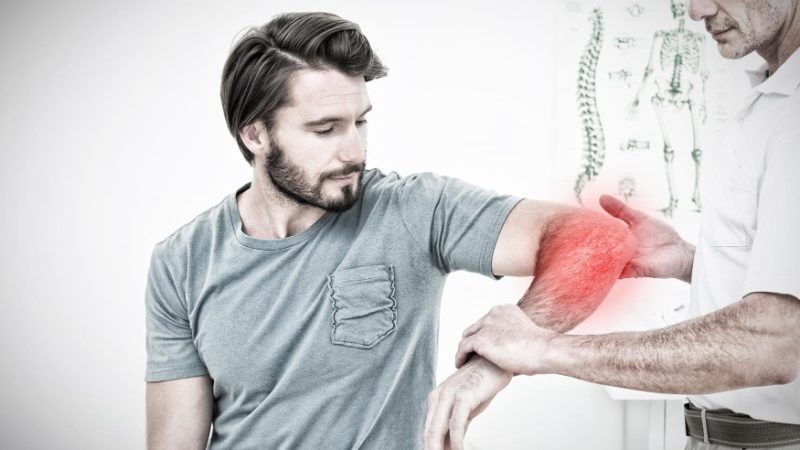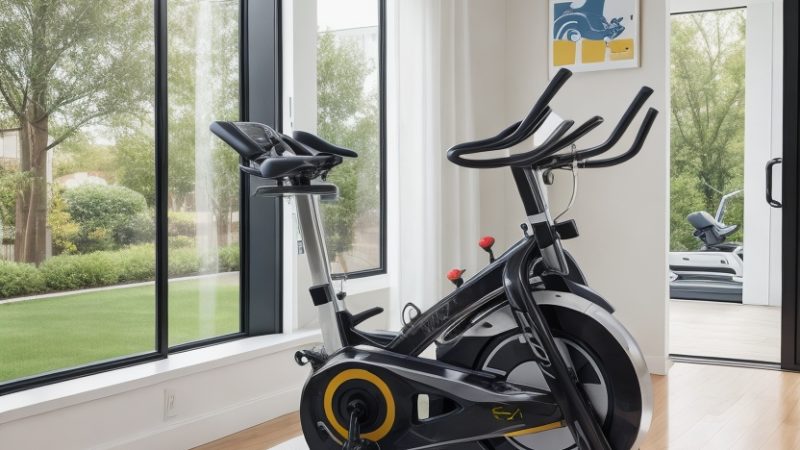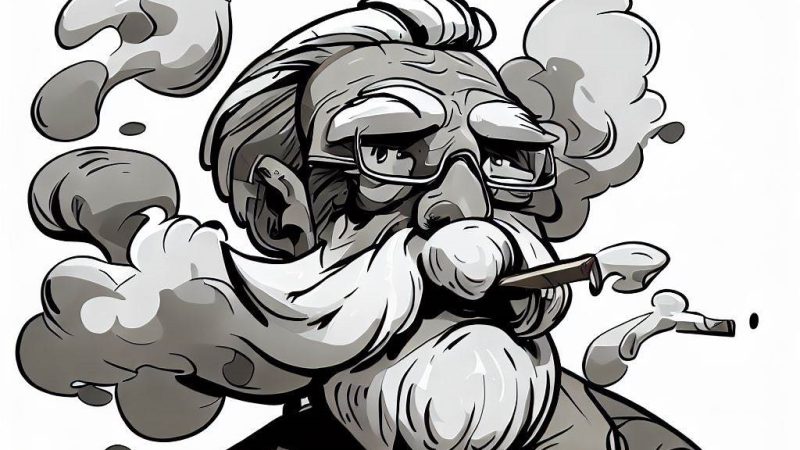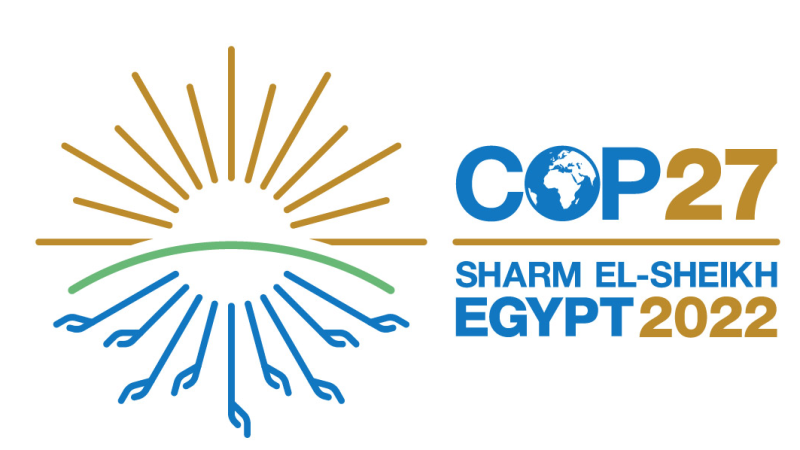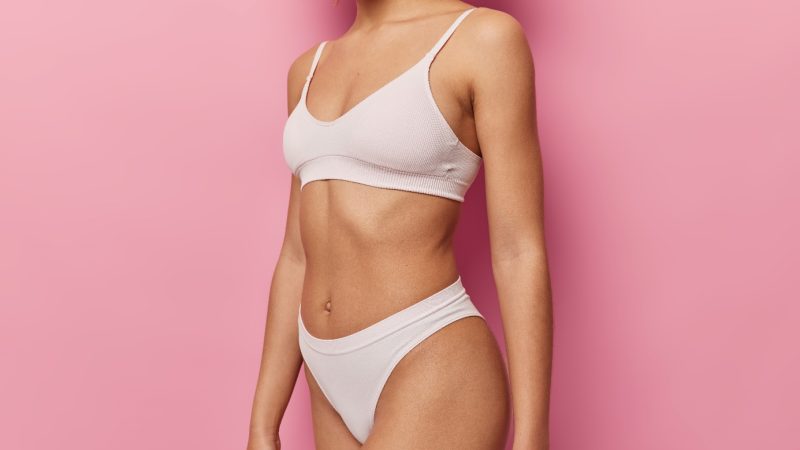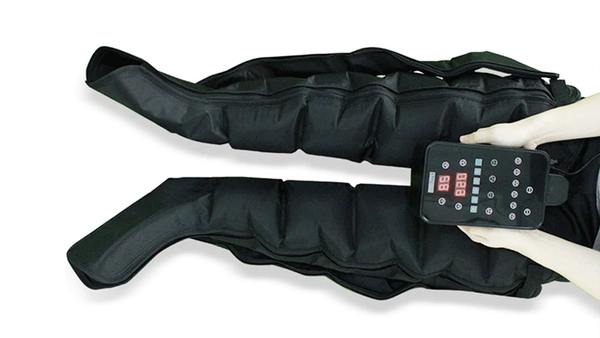How to treat acne?
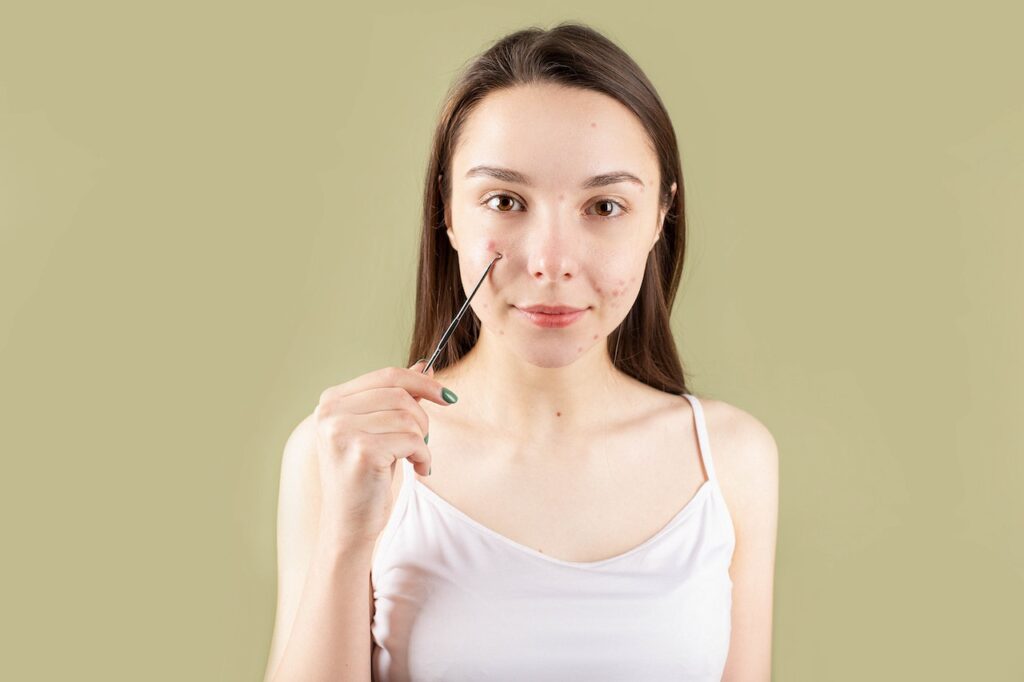
|
Getting your Trinity Audio player ready...
|
Acne Vulgaris, more commonly known as just ‘acne’ is an inflammatory skin ailment that affects a lot of teenagers. This can have a major impact on their life, notably on their self-esteem and confidence.
Aetiology of acne
Acne is mainly caused by the hormonal changes that occur during puberty, and that stimulate the sebum production of the sebaceous glands.
Here are the main factors:
- Hormonal changes: during puberty, there is an increase of hormones, which stimulates the production of sebum through the sebaceous glands.
- Excessive production of sebum: too much sebum, combined with an accumulation of dead skin cells, plug the hair follicles, which can lead to the appearance of blackheads and pimples.
- Environmental factors: pollution can contribute to the plugging of pores, while an unhealthy diet can lead to hormonal imbalance and stimulate the production of sebum.
How to prevent acne?
Several things can be done to prevent acne.
Good skin hygiene
Use a gentle cleanser every day to remove the excess of sebum and dead skin cells. Avoid touching your face with unwashed hands as well as skincare products that are too heavy on the skin: they could further clog your pores.
A balanced/healthy diet
Favour fruits, vegetables, and lean proteins, and limit your consumption of processed products and food that is too rich in sugar and/or fat.
Exercise
Exercising regularly improves blood circulation and helps to get rid of toxins. Do clean your skin after exercising so you can remove sweat that can plug your pores.
Enough sleep and stress management
Meditation and yoga can help manage your stress levels, and sleeping well and enough is necessary to regulate your hormones, some of which have an influence on the sebum production.
What treatments exist for acne?
Several options exist, and a combination of multiple treatments is often necessary to obtain better results.
Pertinent skin products: one of the first choices will be to use the correct products for your skin type, and they will help in the case of light to moderate acne.
Oral medication: this is usually reserved for more severe cases of acne, or for moderate acne where skin products were not enough.
Oral contraceptive: for teenage girls and women, some oral contraceptive can help regulate hormones, including those responsible for sebum production, and therefore help reduce acne. This is often the solution chosen for hormonal acne.
Laser treatment: those treatments use light to target and eliminate bacteria responsible for acne and to reduce inflammation. They can be an option for people who have tried the above solutions and haven’t had satisfactory results.
Natural treatments for acne
On top of the treatments mentioned above, you can also try natural treatments. However, it is recommended that you consult a dermatologist before you try any new treatment.
- Essential oils: some essential oils, such as tea tree oil, have antibacterial and anti-inflammatory properties that can help treat acne. Tea tree oil can be diluted and applied on the pimples to reduce inflammation and fight bacteria.
- Aloe vera: known for its soothing and anti-inflammatory properties, aloe vera can be applied directly on the skin to reduce irritation.
- Honey: honey is another natural remedy that can help reduce acne. It can be used as a face mask to reduce pimples and soothe the skin.
- Apple cider vinegar: apple cider vinegar can help restore the skin’s pH balance, which can reduce acne. Note that it has to be diluted before applied on the skin.
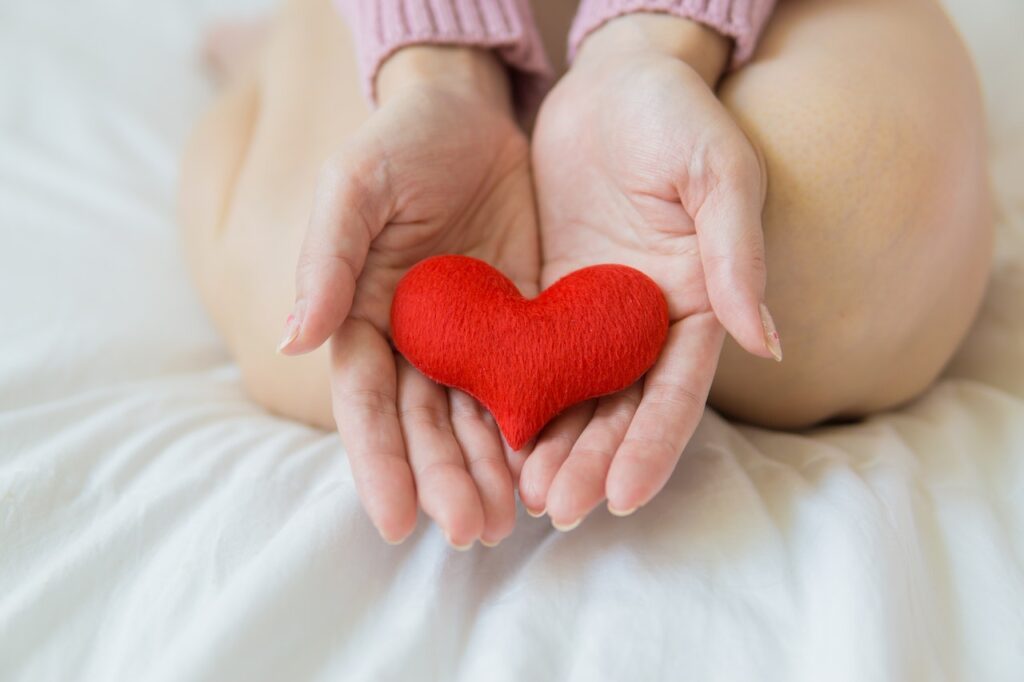 It’s important to note that even though those natural remedies can help, they won’t work for everyone, and in some cases, they can even make the acne worse. It’s therefore always recommended to consult a specialist before you try them.
It’s important to note that even though those natural remedies can help, they won’t work for everyone, and in some cases, they can even make the acne worse. It’s therefore always recommended to consult a specialist before you try them.
Acne and its psychological impacts
Acne can have an impact on self-esteem and mental health. It’s therefore necessary to offer support. Here are a few advice on how to deal with the psychological impacts of acne:
- Open dialogue: encourage teens to be open about their feelings. Family and friend support can greatly help.
- Educate: give them accurate information to help them understand that acne is a temporary ailment and that it can be treated.
- Favour self-esteem: make them understand that self-esteem goes beyond physical appearance. Supporting their talents, their activities and their hobbies can reinforce their confidence.
- Positive activities: encourage them to do the things they love and can make them not think about their acne: sport, crafts, music, volunteering…
- Stress management: teaching them about yoga and meditation can give them the tools they need to better deal with stress and anxiety.
- Professional help: if acne is severely affecting their mental health, seeking council from a professional can help. A therapist can guide them and offer more advice on how to deal with stress.

